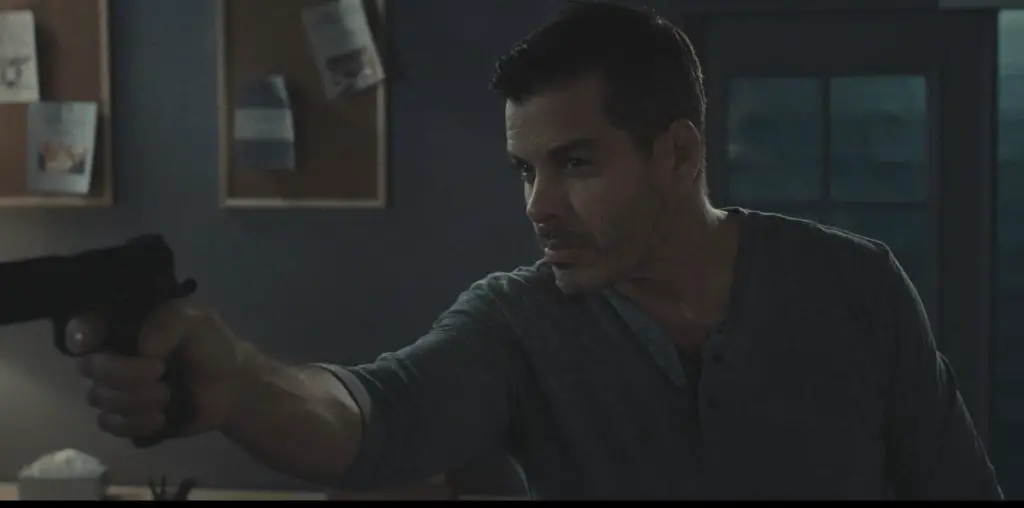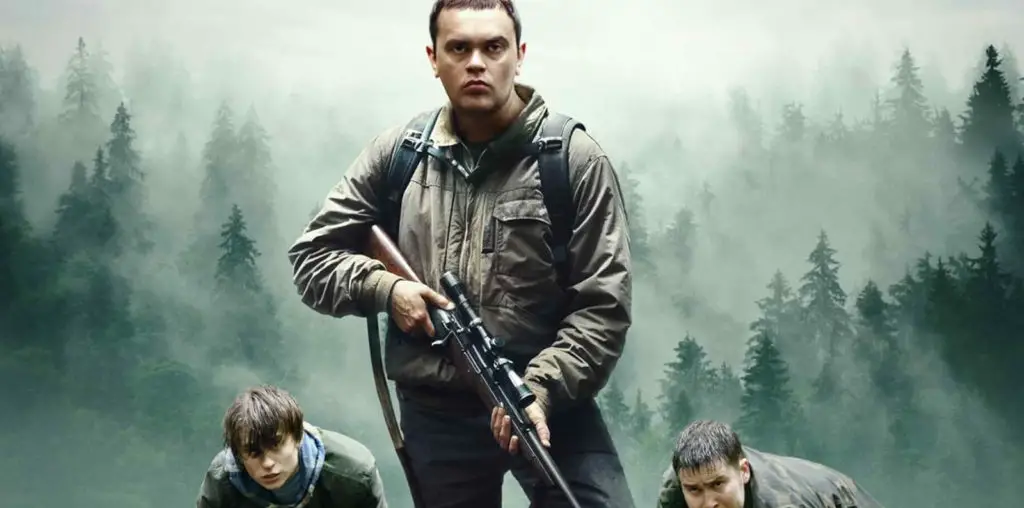
If you think about it, “Paul Williams Still Alive” is a somewhat insulting title for a documentary about the diminutive, floppy haired jack of all entertainment trades who served as director Stephen Kessler’s childhood idol. In his new film, Kessler never misses a chance to call Williams a has-been, even while he professes his own undying devotion. This is probably the real reason Kessler didn’t have any friends when he was growing up. That may sound like a cheap shot, but Kessler is the one who invites the audience into his personal life. There are few things more narcissistic than making a documentary about you, which is probably why Stephen Kessler tried to make it seem like his film is actually about Paul Williams. A more accurate title would have been “Stephen Kessler: Please Notice Me”.
It’s possible that Kessler feels a little guilty about this. He leaves in several instances of Williams scolding him for attempting to insinuate drama and discontent where there is none. It’s true that the composer behind some of the most beautiful songs ever written (including several Carpenter’s songs and “The Rainbow Connection”) disappeared for a while to battle drug and alcohol addiction. But he left all that behind almost twenty years ago and has since found an inner peace on the road, playing to small but enthusiastic crowds as he travels all around the world with his wife.
Kessler tries the best he can to drum up Behind the Music-style melodrama, but Williams is having none of it. Kessler has no idea how to gently coax an honest moment out of his subject, opting for a passive-aggressive approach that is clearly messing with Williams’ harmony. So Kessler instead turns the camera on himself, making it the story of how a Paul Williams super fan came to fulfill his childhood dream of professionally pestering his hero. If you go into the film with zero knowledge of the documentarian or subject, you will know more about the filmmaker within the first fifteen minutes than you will about the person you tuned in to see.
To be fair, it is Williams who suggests that Kessler officially join the narrative, but I kind of think it’s because he wanted a break from interviews full of leading questions. Eventually, Williams seems to warm to Kessler, as they bond over a taste for squid and the nervous giddiness of traveling through terrorist-ridden Philippine jungles where Americans aren’t super popular. That’s more of a testament to Williams’ magnanimous personality than it is to misconceived first impressions.
I have to give the editor credit. He seems to sense when Kessler overstays his welcome and distracts with footage from Williams’ heyday. These clips are the real reason to watch the film. He’s had guest spots on a million TV shows (hyperbole) and has been working pretty steadily, even throughout his wet years.
This is a man who was on Johnny Carson fifty times (not hyperbole) and acted in several films including the “Smokey and the Bandit” series and “Battle for the Planet of the Apes.” He also wrote some incredible soundtracks including Brian De Palma’s ahead-of-it’s-time camp classic “Phantom of the Paradise” and the goddamned “Muppet Movie.” Most notably, he was a hit-maker for Three Dog Night, Elvis, Bowie, Sinatra and Barbara Streisand, with whom he also shares an Academy Award for “Evergreen.”
With flamboyant clothes, mop top hair and elfin features, he had a very unusual look, even by seventies standards. With no Channing Tatumness to fall back on, he achieved success with pure talent and charisma. Not many people can say that. A man this accomplished is certainly worthy of cinematic celebration. I hope that someday, a filmmaker comes along who can give that to him.

